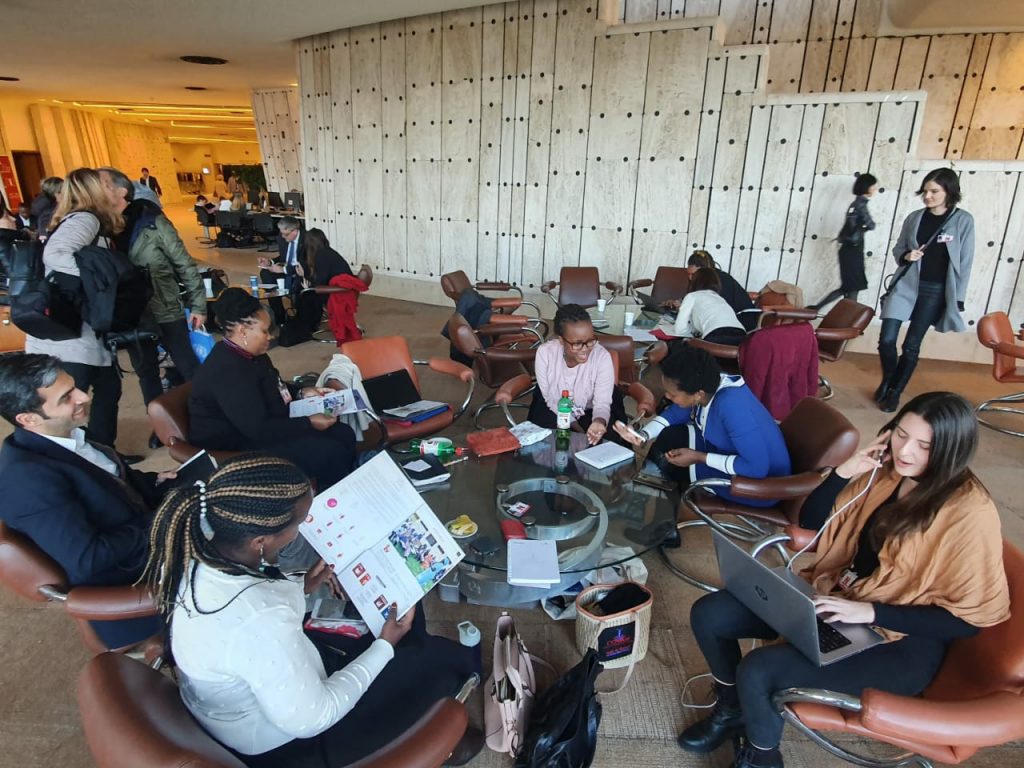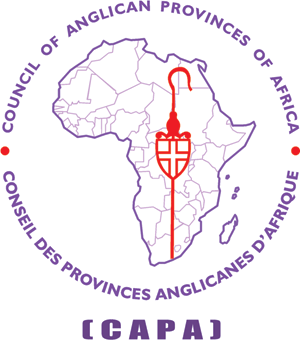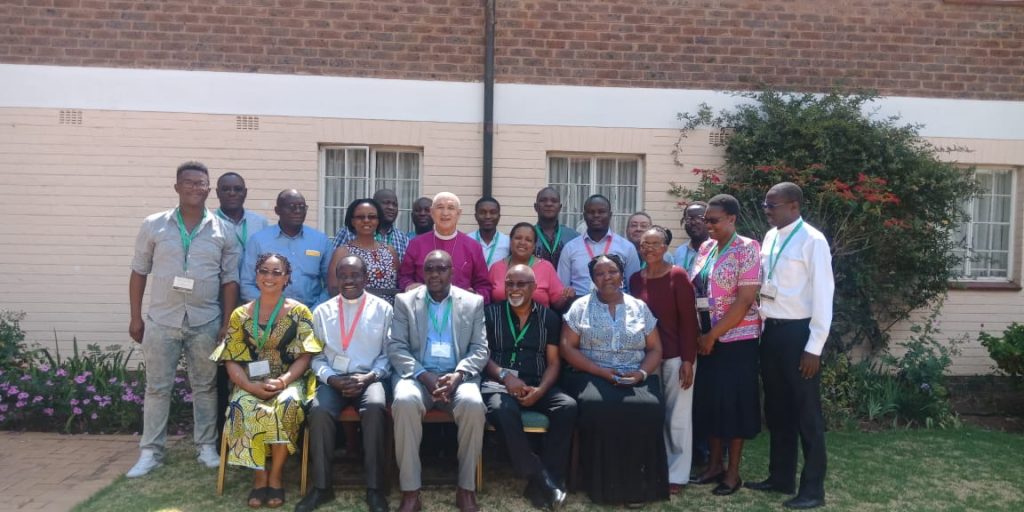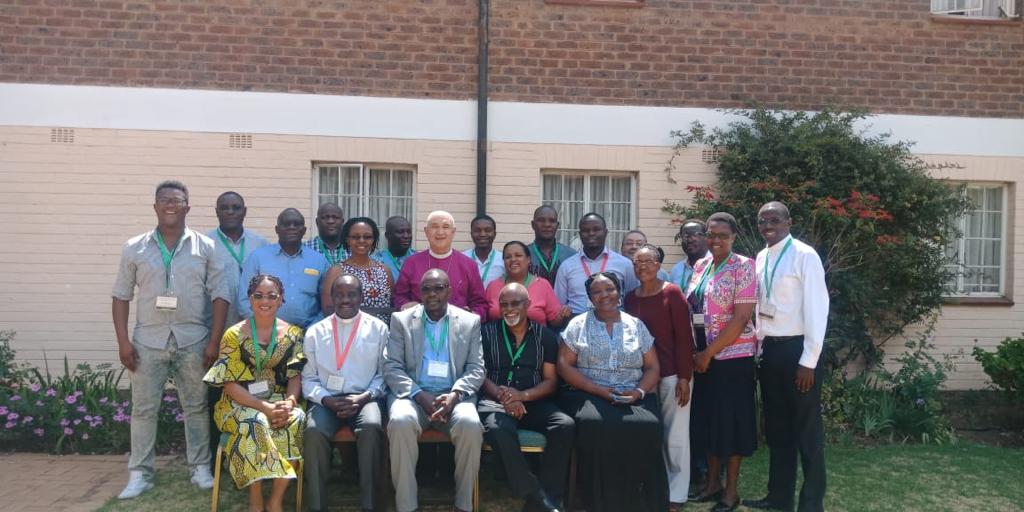
Anglican Migration and Anti-Human Trafficking Community of Practice Workshop
CAPA in collaboration with Anglican Alliance have walked alongside the Churches (Anglican and ecumenical) and other agencies (governmental and none governmental) in setting up structures to coordinate response to today’s migration and human trafficking situation in Africa and the rest of the World. This work is addressing all forms of migration, both voluntary and forced in a multi-stakeholder approach. The partnership with the Alliance in collaboration with Salvation Army, held meetings for Anti Human Trafficking (AHT) community of practice in South Africa and Nairobi in 2016 and 2018 respectively.
In May 2019, in collaboration with Churches Witnessing With Migrants (CWWM), CAPA held an inter-faith consultative conference of practitioners on migration and trafficking in Nairobi to determine a structured response to the challenge. This resulted into creation of 5 regional hubs (Southern, Eastern, Central, Northern and Western Africa) coordinated by CAPA as the continental Platform.
CAPA, through its members participating in the ecumenical and interfaith platforms, adopted the 7Ps of the faith communities’ freedom framework (Prayer, Prevention, Protection, Prosecution, Partnership, Participation & Policy). These members also determined the need to establish an Anglican denominational Community of Practice in Anti-Human Trafficking & Safe Migration. This community would in addition to acting as the Anglican Think tank, enable Anglicans across the continent to share experiences, best practices, learn and document achievements.
This workshop in November 2019 in Johannesburg therefore brought together practitioners (both lay and clergy) of anti-human trafficking and safe migration within the Anglican Church in Africa to:
- Understand theological underpinnings of migration and human trafficking
- Gain a deeper understanding of migration and human trafficking context in Africa including push and pull factors; routes, forms and trends.
- Share experiences, data, programs, processes, best practices, and achievements in response to migration and human trafficking.
- Design a structured and coordinated work of Anglican Church on HT & SM.
- Establish networks of practitioners and partners for the Church’s sustained engagement on HT & SM.
The participants were drawn from 8 Provinces of the Anglican Church namely: Southern Africa (Eswatini, South Africa and Mozambique), Uganda, Central Africa (Zambia), Congo, Kenya, Alexandria (Egypt), Tanzania, and West Africa (Ghana).
The workshop deliberated on theological, systemic, structural, cultural and practical issues on both migration and human trafficking. The participants agreed on a framework of the Anglican Church’s response anchored on Micah 6:8. “He has told you, O man, what is good; and what does the Lord require of you but to do justice, and to love kindness, and to walk humbly with your God?”
- Act justly
- Love mercy
- Walk humbly with God
- Humble walk with God – Adoration
- Disrupting narratives and providing alternatives
- Reading scriptures differently and providing bible study materials
- Preparing prayers and incorporating forced migration & human trafficking in Church liturgies
- Marking freedom weeks climaxing in a freedom Sunday in Church calendars
- Production of resources (Documentaries, brochures, short video clips, animations etc.) and dissemination of FM & HT information.
- Testimonies of the restored
- Telling stories through music, dance and drama
- Awareness in Schools through debates, essay writing
- Mainstreaming HT&M conversations in Church gatherings e.g. Provincial, Diocesan conferences, summits etc.
- Exposure visits and interactive learning
- Loving Mercy – Acts of mercy
- Provision of shelters for victims through partnerships (Urban based Dioceses to lead the initiative) e.g. Christian INGOs, UN bodies.
- Clinical medical services provision
- Psycho-social support
- Social enterprises
- Re-integration processes
- Creation of Safe spaces in Churches
- Legal support to Human Trafficking victims
- Acting Justly – Acts of Justice
- Policy and legal reviews & formulation through participatory processes utilizing Church structures
- Popularizing laws among Church communities
- Exposure visits of leaders
- Church structures engaging with national structures
- Mobilizing Church structures to participate in Campaigns against HT
- Pursuing justice along value chains of products and services
- Research and mapping
- Denouncing traffickers
- Building just systems and processes in the Church e.g. through sanctions, addressing abuse of power in the Church.
This framework shall be implemented through the Church structures and instruments i.e.:
- Council of Anglican Provinces of Africa
- Provincial
- Diocesan
- Mothers’ Union & Women’s Guilds
- Men’s fellowships
- Champions
- Youth fellowships
Stop the Traffik- Kenya
Stop the Traffik- Kenya (STTK) is an affiliate of Stop the Traffik-Global (STTG) which is a movement that aims to prevent human trafficking. The founding members of STTK are The Salvation Army, Awareness Against Human Trafficking (HAART) Kenya, Trace Kenya, Fellowship of Christian Councils and Churches in the Great Lakes and Horn of Africa (FECCLAHA) and CAPA.
Stop the Traffik- Kenya was officially launched in February 2018 and seeks to prevent trafficking by engaging in community transformation, gathering and sharing knowledge as well as through global campaigning. The membership is open to individuals, civil society organizations and the private sector working, or interested in working, within the anti-human trafficking field.
CAPA seats in the current steering committee of Stop the Traffik- Kenya and has been hosting the Coordinator since April 2019.
Some of the highlights from STTK are:
- In February 2019, STTK participated in the launch of the Just Good Work App on safe migration developed by the Anglican Church. Stop the Traffik Kenya is now the point of contact for the App in the country.
- In May 2019, the Coordinator facilitated a session, Human Trafficking Situation in Africa and the Role Bishops Can Play in The Fight Against It, during the Bishops training in Embu.
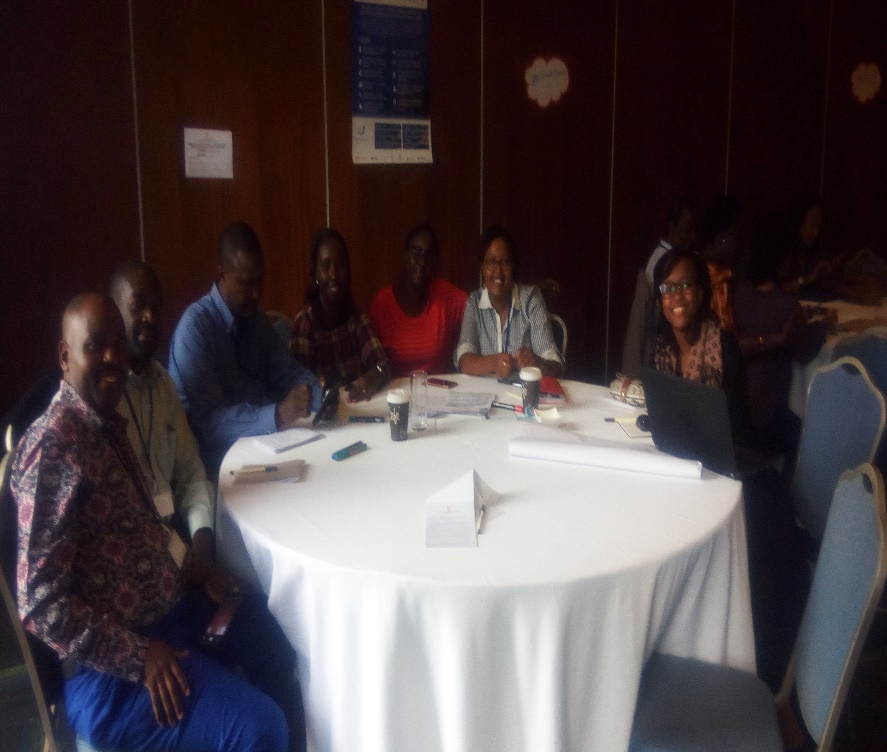
- During the Annual Regional CSO Forum in June 2019,
STTK facilitated a session to identify and harmonize activities for the month
of July in anticipation of the World Day Against Trafficking in Persons on 30th
July.
- Shared the Social Media Campaign strategy developed by the Coordinator and the regional network members.
- Allowed for input from other CSOs at the forum and edified the strategy to suite the unique situations in each country within Eastern Africa.
- Shared the updated version with all attendees.
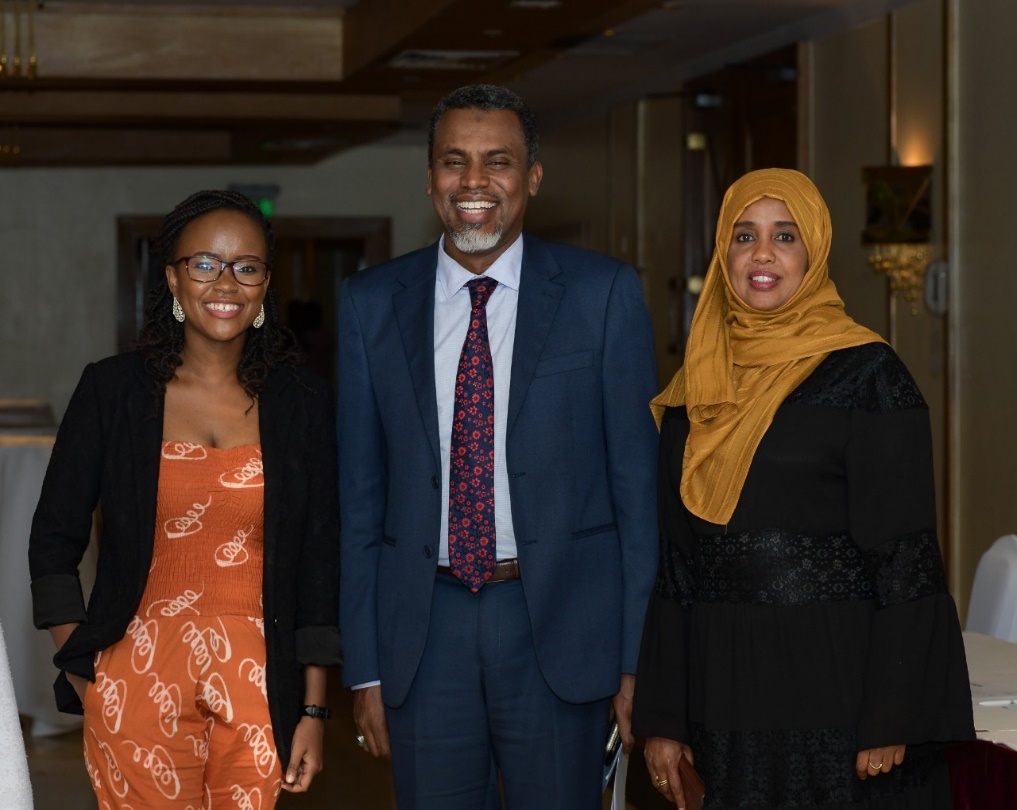
- STTK hosted a Multi-stakeholder Gala in honor of the World Day Against Trafficking in Persons on July 30th with support from COVAW, Candle of Hope Foundation, HAART Kenya as well as GIZ. The Gala was well attended and saw key stakeholders such as the Director of Public Prosecution Mr. Noordin Haji, Director of Criminal Investigations Mr. George Kinoti and CEO of the Ethics and Anti-Corruption Commission Mr. Twalib Mbarak extend an invitation for collaboration to the CSOs.
- STTK was invited by Girls Advocacy Alliance (GAA) to participate in a training on Human Rights Mechanisms. The Coordinator facilitated sessions on the UPR and its lobby documents (advocacy brief and Fact Sheet). The three-day workshop ran from the 18th- 20th of September.
- STTK participated in the African Commission on Human and Peoples’ Rights which was hosted in Banjul, Gambia. This was facilitated by the East African Child Rights Network (EACRN).
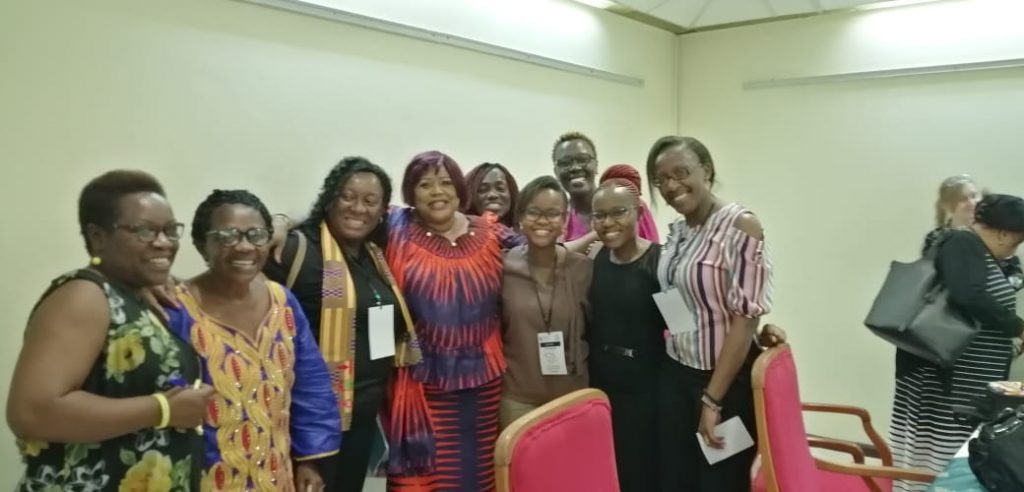
- CAPA invited STTK to Johannesburg, South Africa. The Coordinator was part of the facilitation team for their Migration and Trafficking workshop that was hosted from 4th- 8th November.
- STTK was invited to participate in the 35th Universal Periodic Review Pre- Session in Geneva, Switzerland. The Coordinator was invited by UPR-Info and her trip was facilitated by Better Migration Management through GiZ. She worked together with CSOs under GAA while in Geneva and was supported by their Terre des Hommes- Switzerland office in meetings with individual permanent missions as well as with the EU delegation. She was away between the 8th and 15th of December
